Departments
Government Engineering College Munger came into the existence on 25th September 2019 when the Honorable Chief Minister of Bihar.
Electrical Engineering
- Overview
- Vision & Mission
- Faculty
- Time Table
- Labs
- Curriculum
- Staff
- Achievements
- Departmental Magazines
- Question Bank
- e-Learning & Gate Classes
- Notices
Overview
Department of Electrical Engineering at GEC, Munger was established in 2019 with a motive to develop skilled engineers to meet industry needs and hence develop responsible citizens for our country and society. The Department of Electrical Engineering consists of faculty members who have done their PG and Doctorate degrees from top-notch universities. The faculty members of this department are consistently doing well in teaching and research. Department offers B.Tech. Electrical Engineering program that attracts the brightest students every year. Access to high-end facilities including PSCAD software – MATLAB, LabVIEW; a wide range of developing systems for the microcontroller, Embedded systems, applications of IoT, sensor modeling, and Industrial automation tools for better understanding of how the theory they have learned links to real scenarios. The faculty adopt the latest teaching aids like a digital display and interfacing units, platforms like Information and Communication Technology (ICT), and MOOCs, publish digital content through various platforms like YouTube, and animations in the classroom in order to make teaching effective and interesting. Also, students are exposed to virtual classrooms for additional technical content. The department aims to play an active role in propelling the state and nation in its growth trajectory through innovative interdisciplinary research and educational programs at
undergraduate and postgraduate levels. The students are invoked to “Learning by Doing” and they are encouraged to do the projects/internships/industry visits which extremely improve their practical knowledge. The intake capacity of the Electrical Engineering Department is about 60.
VISION
To produce comprehensively trained, socially responsible, innovative electrical engineers and researchers of high quality who can contribute to the nation’s and global development.
MISSION
The mission of Electrical Engineering is to provide academic environment with a strong theoretical foundation, practical engineering skills, experience in interpersonal communication and teamwork along with an emphasis on ethics, professional conduct, and critical thinking. Further, the graduates will be trained to have successful engagement in research and development and entrepreneurship.
Faculty of Electrical Engineering
Name of Faculty


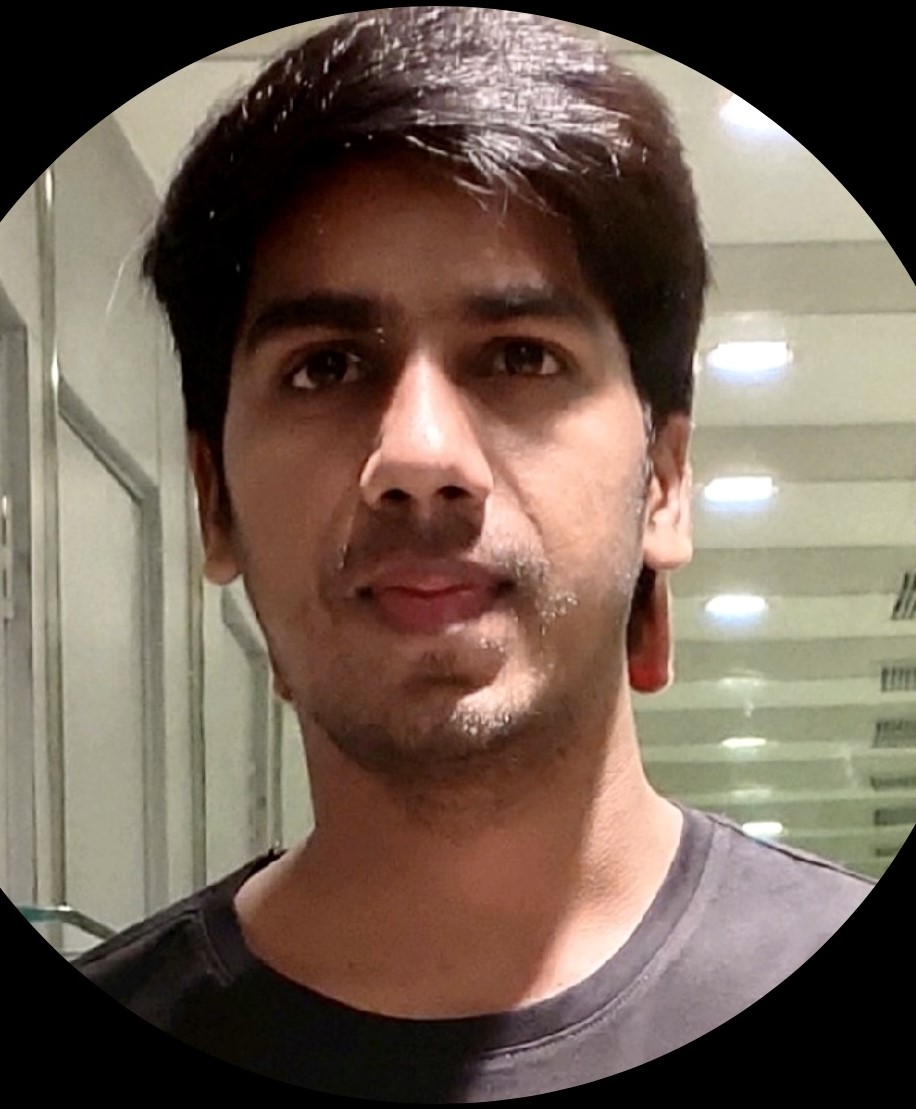
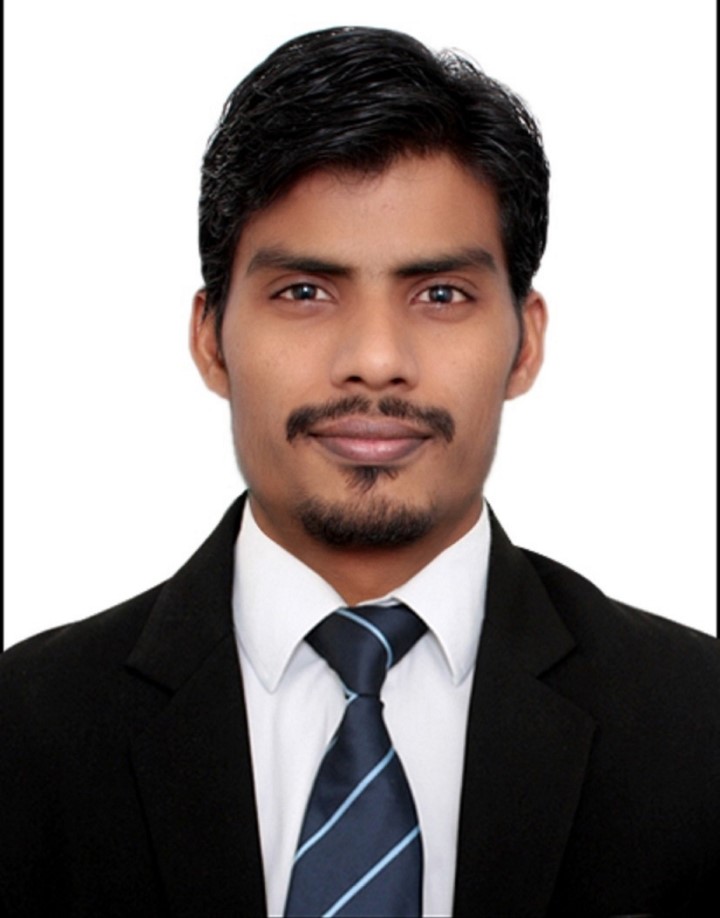
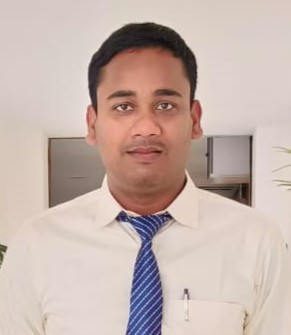
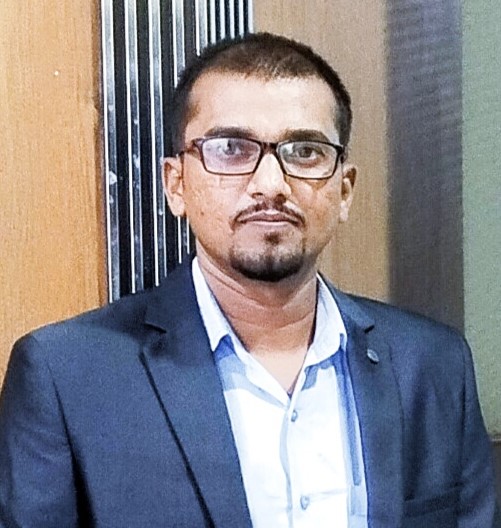
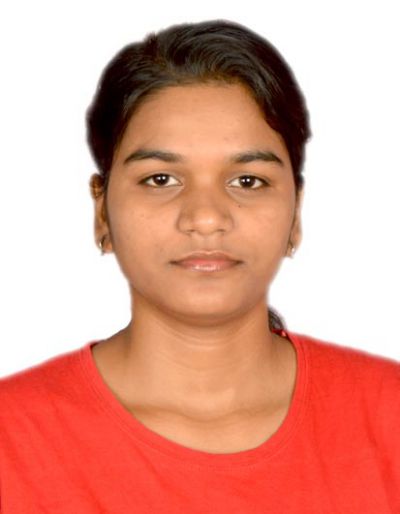
Updating shortly.......sorry for the inconvenience!!
Electrical Lab
Electrical Circuits Laboratory
The Electrical Circuits Laboratory assists the students to impart with essential knowledge of electrical and electronic circuit design and analysis and provides hands-on experience to design different electrical and electronic circuits with breadboards and with different active and passive components. This Lab gives the practical learning and use of various instruments like Multimeters, Oscilloscopes, Function Generators, wattmeters, etc. Along with this, they do practical verification of various electrical theorems, Tests on the Transformer, measurement of power in three-phase circuits using a wattmeter etc.
Network Analysis and Scientific Computing Laboratory
Network analysis laboratory enables students in examining the characteristics of DC and AC circuits, solution of differential equation, and generation of three-phase and complex waveforms using MATLAB, tools of LAB View, and analysis of electrical circuits using LAB View.
DC Machines Laboratory
The objective of the DC Machines Laboratory is to impart knowledge about characteristics and the behavior of the DC Machines, operation of DC machines and give them experimental skills, familiarize with the constructional details of different types, working principles, and their performance. It also provides essential facilities to the students to augment their concepts about the fundamentals of rotating machines. It is a well-equipped lab to provide experimental and hands-on experience in the detailed study of characteristic and operational aspects of DC electrical machines.
AC Machines Laboratory
AC Machines laboratory is designed for students to perform experiments on transformers, Inductions motors and Synchronous machines. The main objective of this laboratory is to impart knowledge about characteristics and behavior of the AC Machines, operation of transformers, synchronous and asynchronous machines and give them experimental skill, familiarize with the constructional details of different types, working principle and their performance. This lab consists of machines and all are mounted in industrial type of assembly to give the students industrial feel. Well established with all kinds of motors and variable frequency drives (VFDs). The lab has moderate machines and students are using for project and research work.
Basic Electrical Engineering Laboratory
The Basic Electrical Engineering Laboratory assists the students to impart essential knowledge of electrical and electronic circuit design, and analysis and provides hands-on experience to design different electrical and electronic circuits with breadboards and with different active and passive components. This Lab gives the practical learning and use of various instruments like Multimeters, Oscilloscopes, Function Generators, wattmeters etc. Along with this, they do practical verification of various electrical theorems, Tests on DC Machines and Transformer, measurement of power in three phase circuits using wattmeter etc.
Electrical Measurements and Instrumentation Laboratory
The aim of the Electrical Measurements Laboratory is to reinforce the students with an adequate work experience in the measurement of different quantities and also to expertise in handling the instruments involved. The basic operations of sensors and the process where they might be used are practically realized in the laboratory. It also provides facilities to train the students in the measurement of displacement, resistance, inductance, torque and angle etc., and to give exposure to AC, DC bridges and transient measurement. These sensors and signal conditioning circuits are then implemented in various projects and real time applications.
Power Electronics Laboratory
The objective of the Power Electronics laboratory is to study the characteristics of switching devices and its applications in rectifiers, AC voltage controllers, inverter, and choppers. It also acquaints with the application of electronic devices for conversion, control and conditioning of electric power. Further, it aids the students to acquire an overview of different types of power semiconductor devices and to cognize the operation, characteristics and performance parameters of controlled rectifiers. The principle of operation, switching techniques, modulation techniques and harmonic reduction techniques in PWM inverters are studied in the lab. It also provides experience with common components such as motors, batteries and power semiconductors. The lab facilitates faculty and students who are conducting research, industry sponsored projects in power converters in particular and electrical energy conversion in general.
Control Systems Laboratory
The aim of the Control Systems laboratory is to provide a sound knowledge of the basic concepts of linear control theory and design of control systems, to understand the methods of representation of systems and getting their transfer function models. It facilitates basic knowledge in obtaining the open loop and closed loop responses to understand the concept ofstability of control systems. It also helps the students to study the compensation design for a system.
Power System Protection Laboratory
This laboratory is designed to give students hands-on experience on different equipment of various protection schemes in electrical power systems. This laboratory facilitates the students to understand the basic concepts and recent trends in power system protection. The students can
design and work with the concepts of digital and numerical relaying. The students would be skilled enough to work with various types of relaying schemes used for different a apparatus protection in the laboratory.
Power Systems Laboratory
This laboratory is designed to give students hands-on experience on different equipment of electrical power system. This is an advanced laboratory to carry out modeling, simulation and analysis of power system equipments. Students can practically verify several concepts and procedures learned in power system modeling and analysis. This lab has facilities to study the protection of equipment by relays in conjunction with switchgear. This lab also helps to model and analyze the dynamics of power system for small signal and large signal disturbances and design the systems for enhancing stability. It familiarizes with the preparatory work necessary for meeting the next day’s operation and the various control actions to be implemented on the system to get an overview of system operation and control, to understand and model power- frequency dynamics and to design power-frequency controller, to understand and model reactive power-voltage interaction and different methods of control for maintaining voltage profile against varying system.
Programmable Logic Controllers and Automation Laboratory
To give industry exposure to undergraduate and postgraduate students, the department has a well-established Programmable Logic Controllers and Automation (PLC) laboratory. The laboratory is equipped with modern equipment and meeting the need of teaching as well research. Students have to design automated test subsystems and systems using a PC in laboratory instruments. They learn how to program a PC to act as a controller, to design, to build, and test various subassemblies to augment the instruments, and to acquire and process thedata.
Curriculum
Staff of Electrical Engineering
Name
- 1.MITHLESH KUMAR
- 2.JAY PRAKASH
- 3.VINOD KUMAR SAHU
Deg.
- LAB ASSISTANT
- LAB ASSISTANT
- LAB ASSISTANT
Qualification
- BTECH
- BTECH
- BTECH
Updating shortly.......sorry for the inconvenience!!
Updating shortly.......sorry for the inconvenience!!
Updating shortly.......sorry for the inconvenience!!
Updating shortly.......sorry for the inconvenience!!

